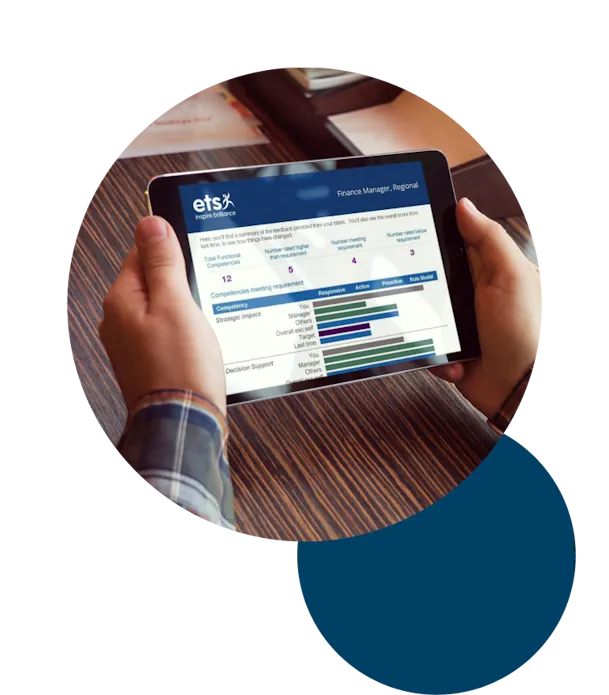Case Studies: Our 360-Degree Feedback Providers at Their Best
To see our 360-degree feedback company in action, check out our past work for reputable clients below. We’re committed to offering a high-standard service for every organisation we work with, ensuring they can get the most out of our expertise.














